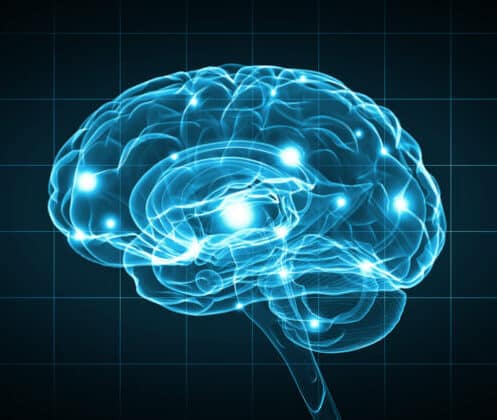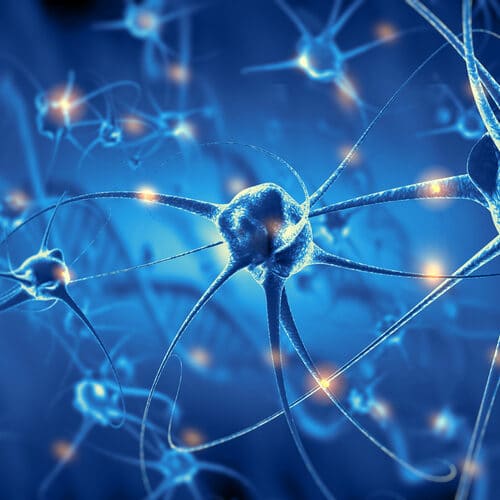HOW KETAMINE WORKS
Ketamine is a Complex Chemical!
While most commonly used psychiatric medications require multiple weeks to take full effect, subanesthetic doses of ketamine infusions have rapid (within hours), robust (across a variety of symptoms) and relatively sustained antidepressant effect

Ketamine Affects Multiple Areas of the Brain
Ketamine has a more extensive effect on brain function than other medications. “While most commonly used psychiatric medications require multiple weeks to take full effect, subanesthetic doses of ketamine have rapid (within hours), robust (across a variety of symptoms) and relatively sustained antidepressant effect” (Harvard Medical School) This is because it works in a more nuanced way. “Though convergence onto a specific brain area is elusive in depression, ketamine affects different areas of the brain in various ways, which may contribute to overall mood improvements.” (Harvard Medical School)

Ketamine Repairs and Grows Neurons and Neuronal Pathways
Ketamine has been shown to grow new and repair damaged neural pathways through neuron imaging, allowing the brain a chance to heal. “Blockade of NMDA receptors by ketamine increases the number and function of synapses” (Yale School of Medicine). This healing is also shockingly rapid. “Ketamine-mediated synaptic plasticity changes appear to occur within a matter of hours after ketamine administration” (Mt. Sinai Hospital) Areas in which these improvements occur also seems to be important in that it seems increase the functionality of the Pre-Frontal Cortex “This represents ketamine’s ability to reclaim frontal control over deeper limbic structures, thus resulting in the ability to have more cognitive control of emotions that enables a decrease in depression symptoms” (Harvard Medical School)

Ketamine Works with Different Neurotransmitters than Other Drugs.
All approved antidepressant medications for depression primarily act through one or two mechanisms, affecting serotonin, norepinephrine or dopamine. Ketamine is a new type of treatment for depression – it increases levels of Glutamate, BDNF, MTOR, and HNK in the brain. “Mounting evidence suggests ketamine administration produces a surge in glutamate neurotransmission in the brain, that is likely associated with the antidepressant effects” (Yale School of Medicine). The increase in Glutamate comes from Ketamine’s interaction with the NMDA receptor in the brain. “Ketamine is a powerful antagonist of the N-methyl-D-aspartate (NMDA) receptor, an important glutamate receptor in the brain.” (Washington University School of Medicine)

Why Choose New Pathways Clinic for Your Ketamine Infusions?
Ketamine infusions provide new hope for relief for those suffering from oppressive symptoms.
Do medications feel like they are merely treating surface level symptoms?
Have pills and counseling left you feeling like no treatment works for you?
Schedule a free phone consultation with the experienced team at New Pathways Clinic and see if Ketamine infusions can help you.
STILL HAVE QUESTIONS?
Check out the FAQ’s or learn more about us here.
Also, feel free to contact us anytime with any questions you may have.

